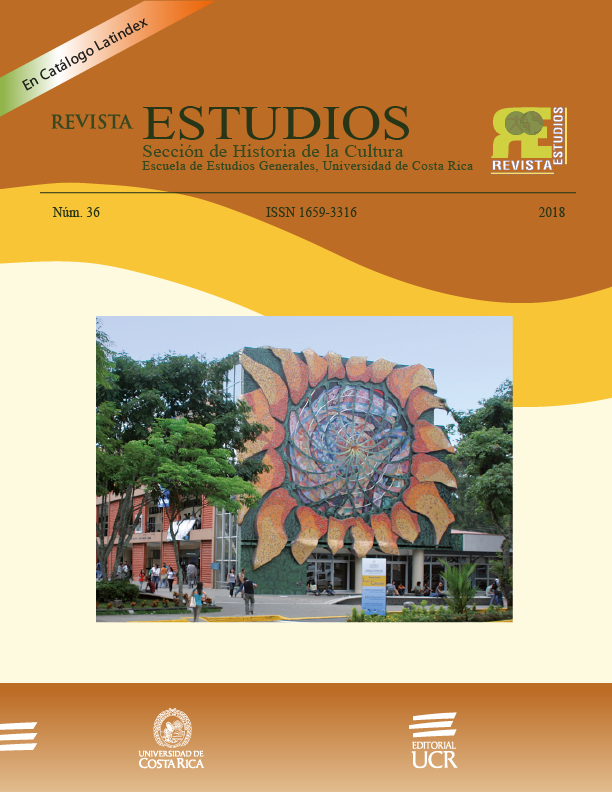Abstract
This study seeks to understand the time in which we live, characterized by the age of science and technology, at a time when tools and objects are not reduced to the human being, but become ways of seeing and understand the world , understandings and forms that today are dominant, powerful and hegemonic. Thus we can also speak of a dominant scientific and technological "culture" insofar as it establishes an epistemology of the same type. It is recommended from here that real or technological information be established as never before and that has been expressed in all areas of our life but not in a superficial and profound way, in other words, in the mere understanding and interaction with the world. The real technique allows explicit and implicit control systems in the development of current societies that determine their constitution in the individual as well as in the collective, maintaining power relations and the asymmetry between hegemonic, techno-scientific and "other" thinking (everything that can not be represented and thinking under this logic). Although Lipovestsky characterizes the new culture regime as hypermodernity, here is proposed an atmosphere of reflective thought as well as the expression of a hyperhumanity / dehumanity.
References
Esquilo, (2002), “Prometeo encadenado” en Tragedias, Alianza Editorial, Madrid.
Esquirol, J.M., (2006) El respeto o la mirada atenta. Una ética para la era de la ciencia y la tecnología,Gedisa, Barcelona, 2006.
________(2011), Los filósofoscontemporáneos y la técnica, Gedisa, Barcelona.
Heidegger, M. (2001), Conferencias y artículos, Ediciones del Serbal,Barcelona.
___________ (2003), Caminos del bosque, Alianza, Madrid.
Habermas (2010), Ciencia y técnica como “ideología”, Tecnos, Madrid.
Hottoi, G. (1991),El paradigma bioético. Una ética para la tecnociencia,Anthropos, Barcelona.
Lipovesky, G. y Serroy J. (2010), Cultura-Mundo, Anagrama, Barcelona.
Mora,D., (Dir.), (2009)Interculturalidadcrítica y descolonización, III-CAB, Solveiga Ploskonka y Juan José Obando, La Paz.
Nicol, E. (1974). “ La lucha por la vida. Desequilibrio entre cultura y natural: la mediatización” en El porvenir de la filosofía, FCE, México 1974.
O’Gorgman, E. (2004) La invención de América, FCE, México D.F


